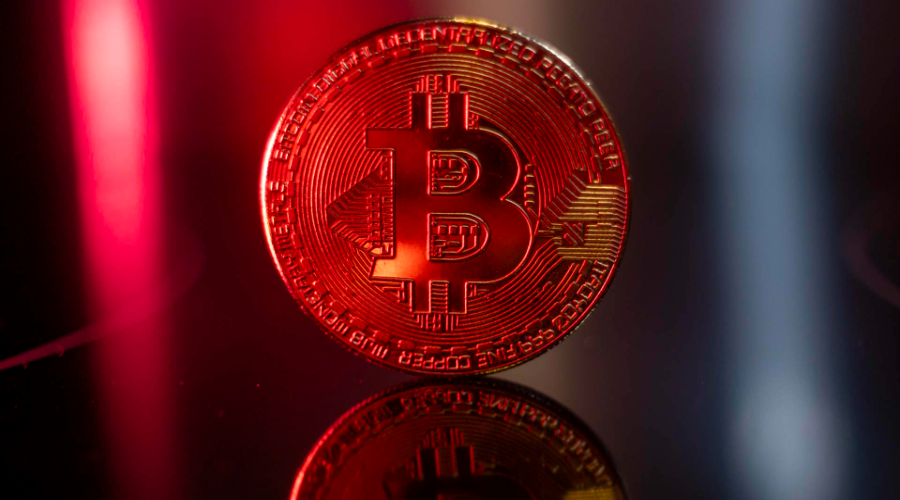Weight loss to combat obesity is not a factor that is limited to counting calories in and out. According to the nutrition neuroscience there are many more variables involved, in which lgut-brain axis plays a leading role.
According to Hilke Plassmann, Professor of Marketing and expert in Neuroscience and decision-making at Insead, the future is written in precision well-being, an approach to obesity based on people’s behavior and on the study of their biology.
For the expert, one of the main premises that characterizes most of the traditional approaches to tackle obesity is that there are wrong foods and lifestyles behind it. Campaigns designed to promote a healthy lifestyle are often based on the risks of unhealthy nutrition and motivate you to make smarter choices. However, recent research by Plassmann (with Pierre Chandon) suggests that such approaches are more effective in preventing obesity in thin people than in helping obese people become thin. This is because we are so much more than the food we eat. For Plassmann, obesity is “related to a biological state that affects the brain’s evaluation and reward system and how it works.” In other words, there is something about obesity itself that suppresses willpower on a biological level.
THE INTESTINE AFFECTS WHAT WE EAT
The relationship between the food we eat and the ways we make decisions goes beyond how much we eat. An ever-evolving field of research explores how the composition of bacteria and hormonal activity in the gut communicate with the brain and vice versa, helping to determine our overall health and well-being.
A 2011 study found that the hunger hormone ghrelin decreased much more abruptly in participants who were told they were drinking a high-calorie milkshake versus a less-calorie one, even though the two sweet drinks were in identical realities. “This is a surprising factor because it means that the label of a dietary product is capable of generating cognitive conviction and fooling the intestinal system,” said Plassmann.
Interestingly, the composition of the gut microbiome, or bacteria in the gut, can influence reward processing and decision making in the brain. It is not clear exactly how this happens: potential channels may include metabolites such as short-chain fatty acids, bacterial modulation of the neurotransmitters tryptophan and serotonin, or even the immune system. The gut-brain connection is full of positive possibilities beyond willpower and drastic bariatric surgery.
According to Plassmann, the more research reveals the physiological components of food choices, the clearer it will become that the fight against obesity will require social approaches based on precision well-being, to really try to fully understand a person’s behavior but also his biology. This goes hand in hand with the broader trend that includes health interventions tailored to the individual, with the help of genomic testing and new technologies such as wearables.
Down one international study Published on Nature Medicine and coordinated by the University of Trento in collaboration with researchers from King’s College and Zoe, an English commercial initiative, confirmed not only that the composition of the microbiome is largely shaped by what we eat, but that the metabolic response depends on the composition of the microbiome. The analysis of the microbiome is the tool of the future to prevent in time any diseases and metabolic dysfunctions.
Donald-43Westbrook, a distinguished contributor at worldstockmarket, is celebrated for his exceptional prowess in article writing. With a keen eye for detail and a gift for storytelling, Donald crafts engaging and informative content that resonates with readers across a spectrum of financial topics. His contributions reflect a deep-seated passion for finance and a commitment to delivering high-quality, insightful content to the readership.







